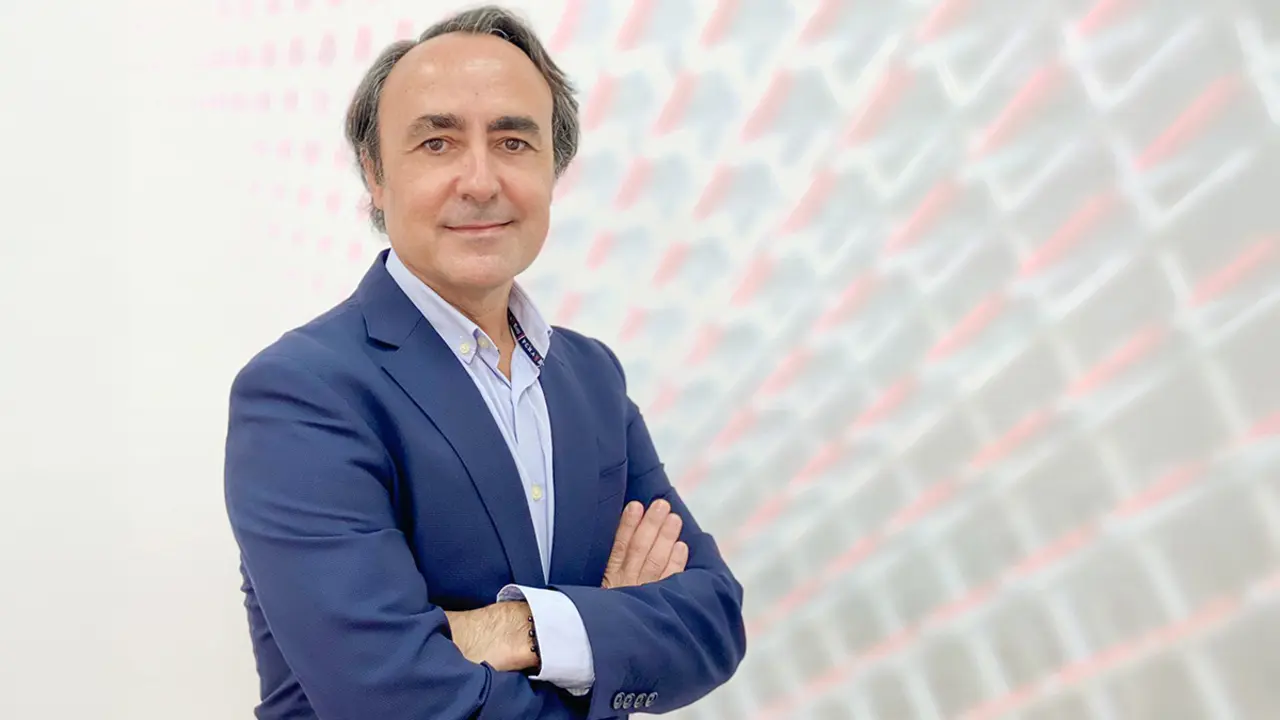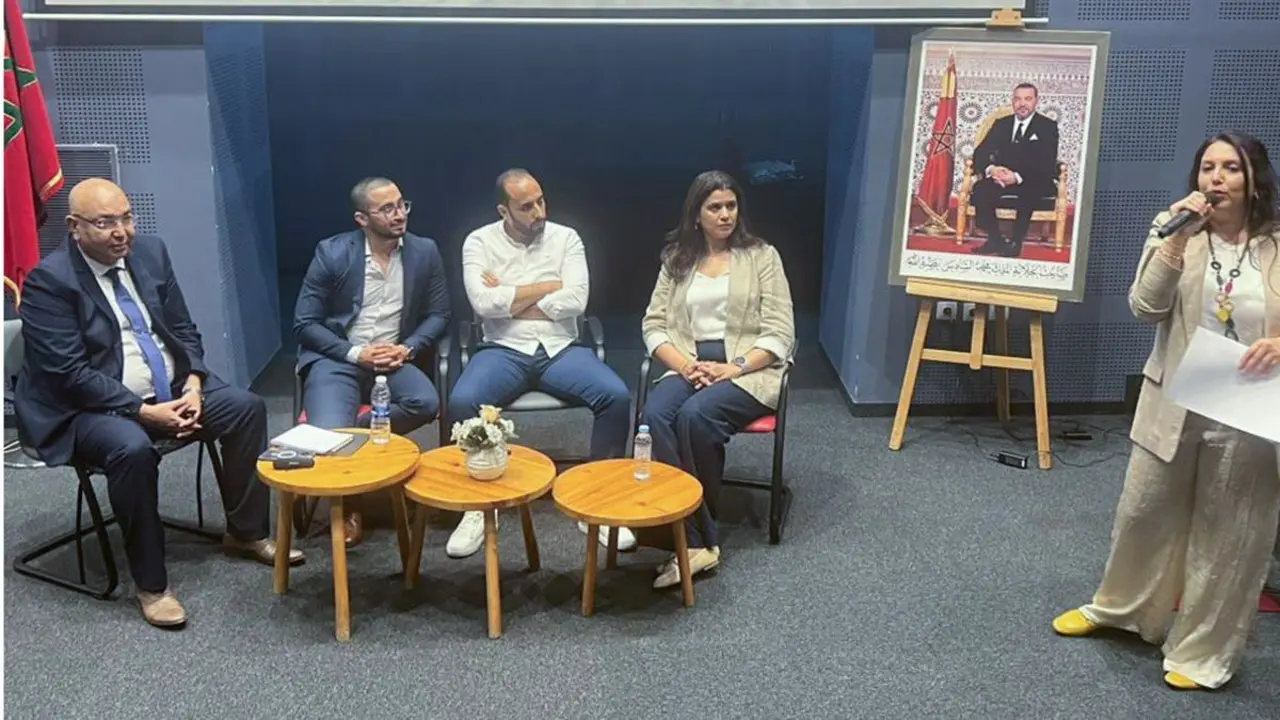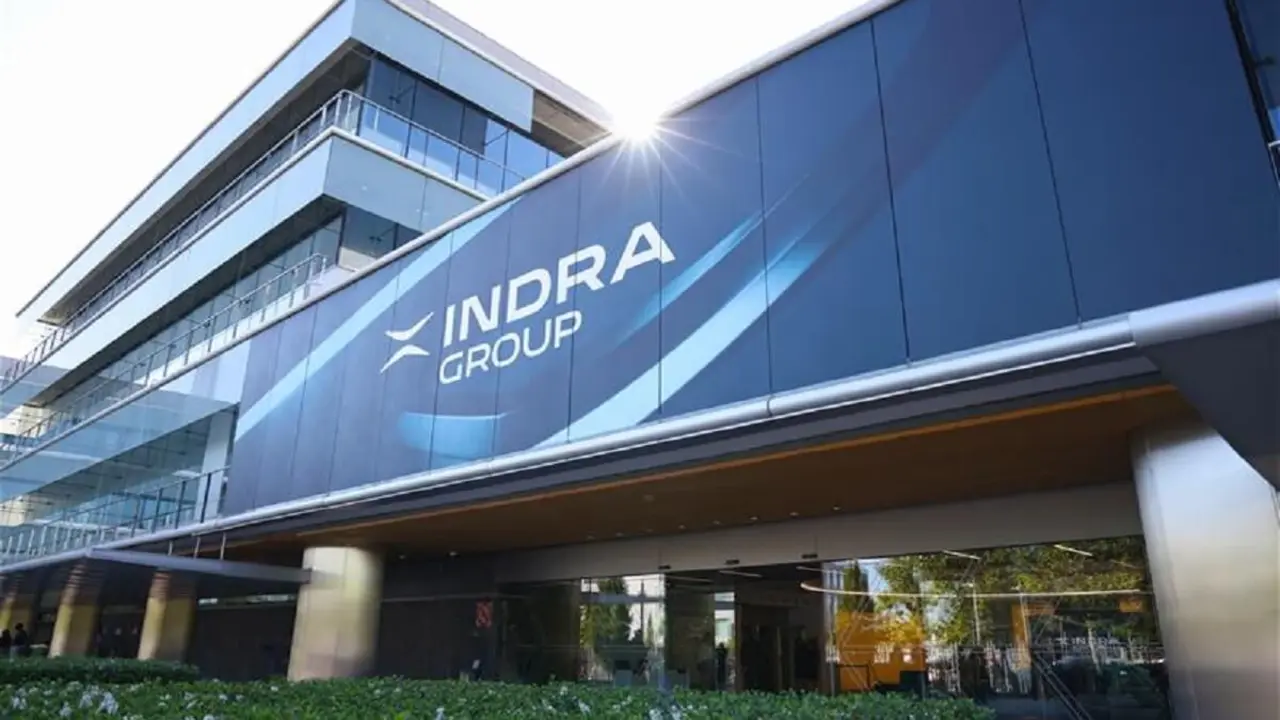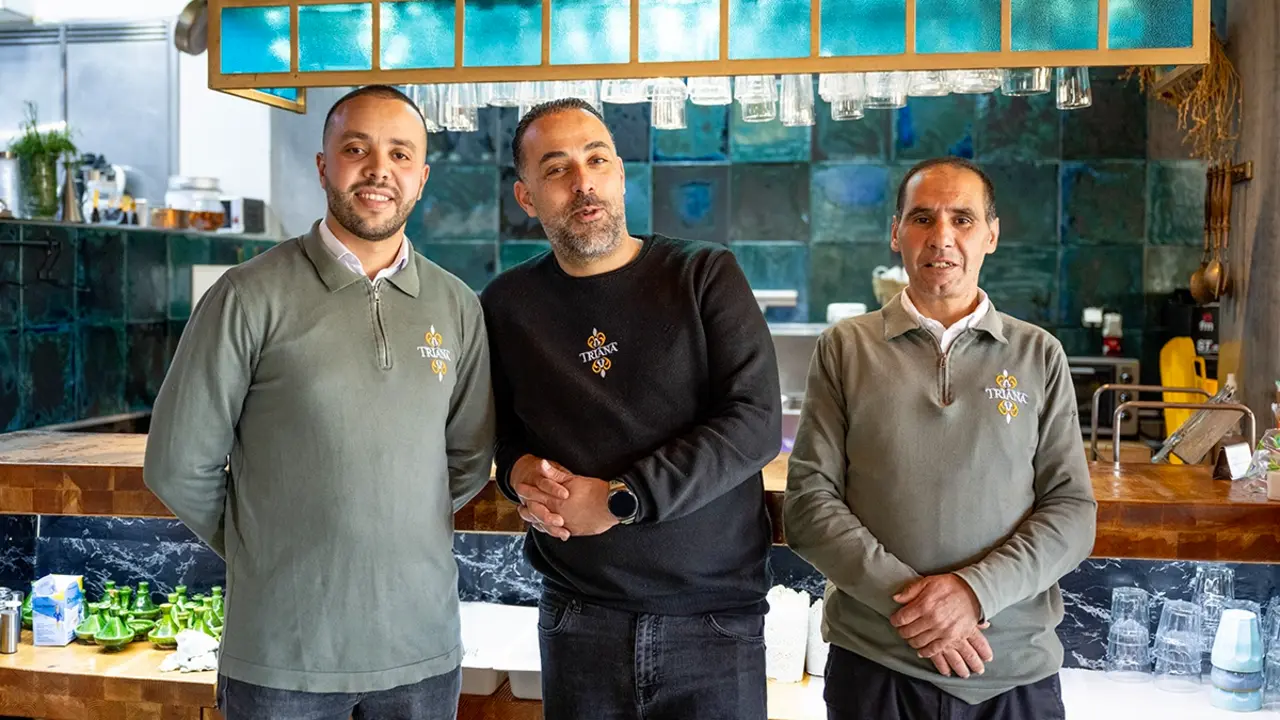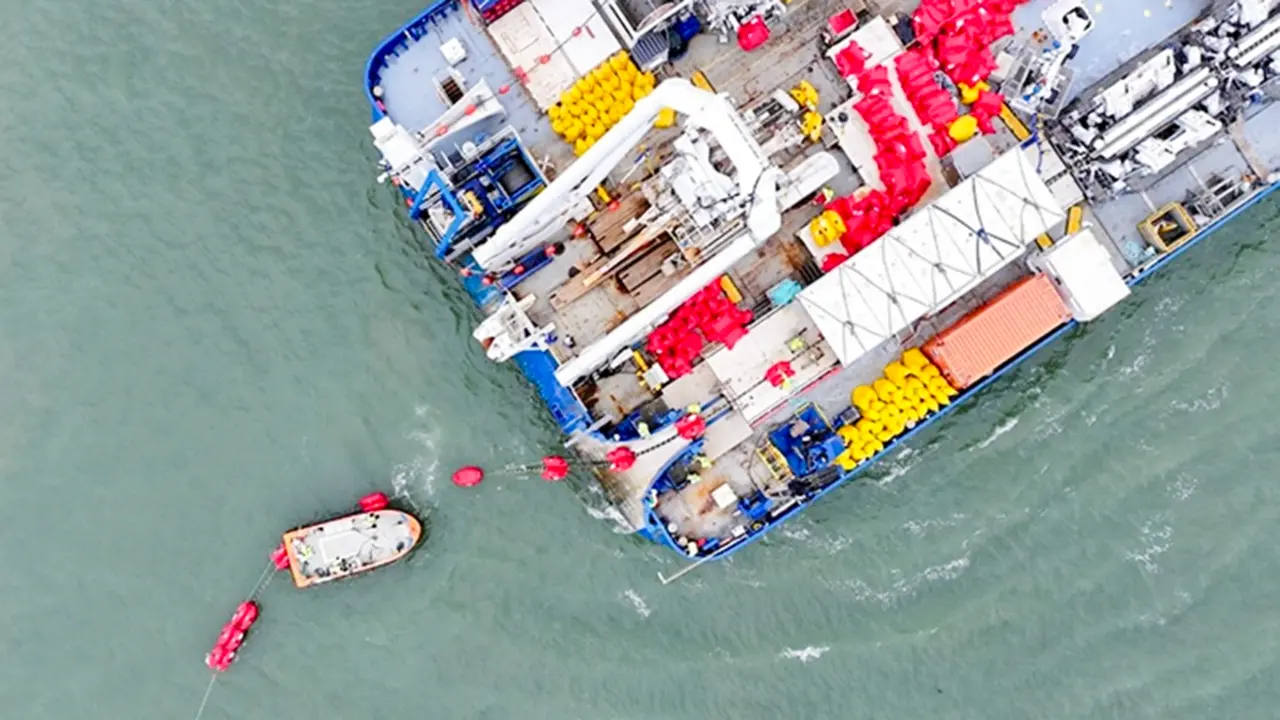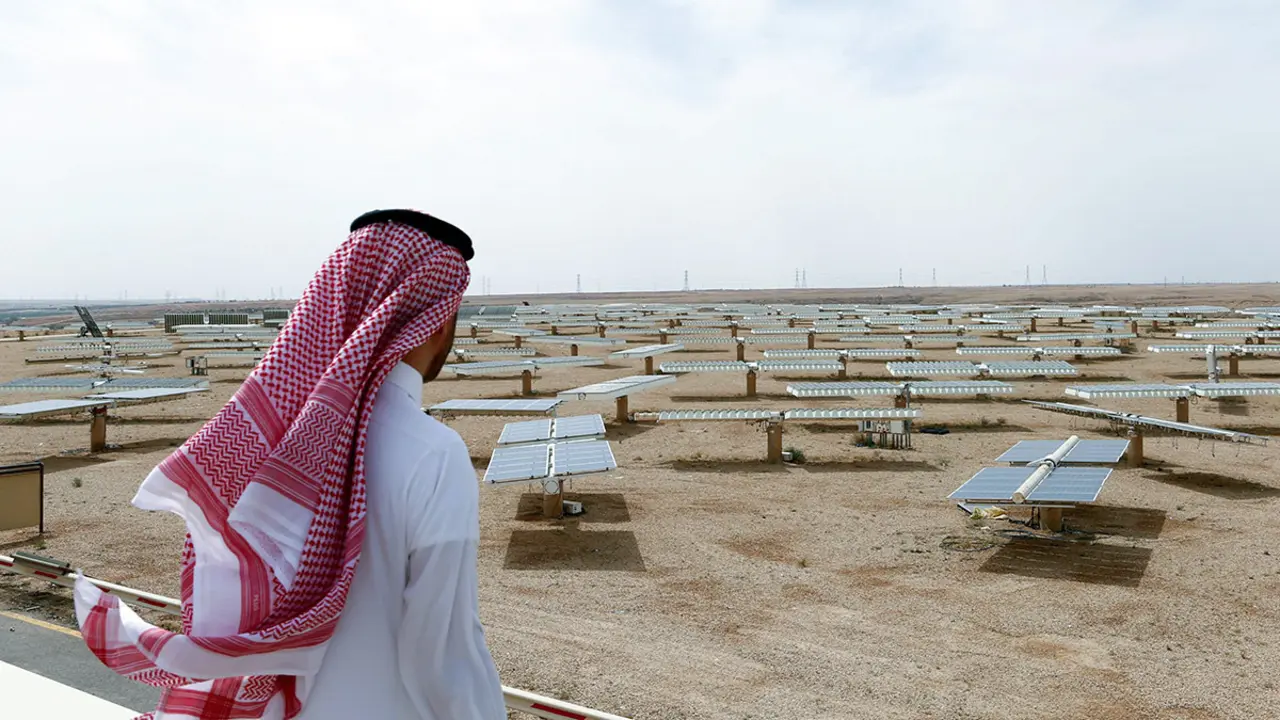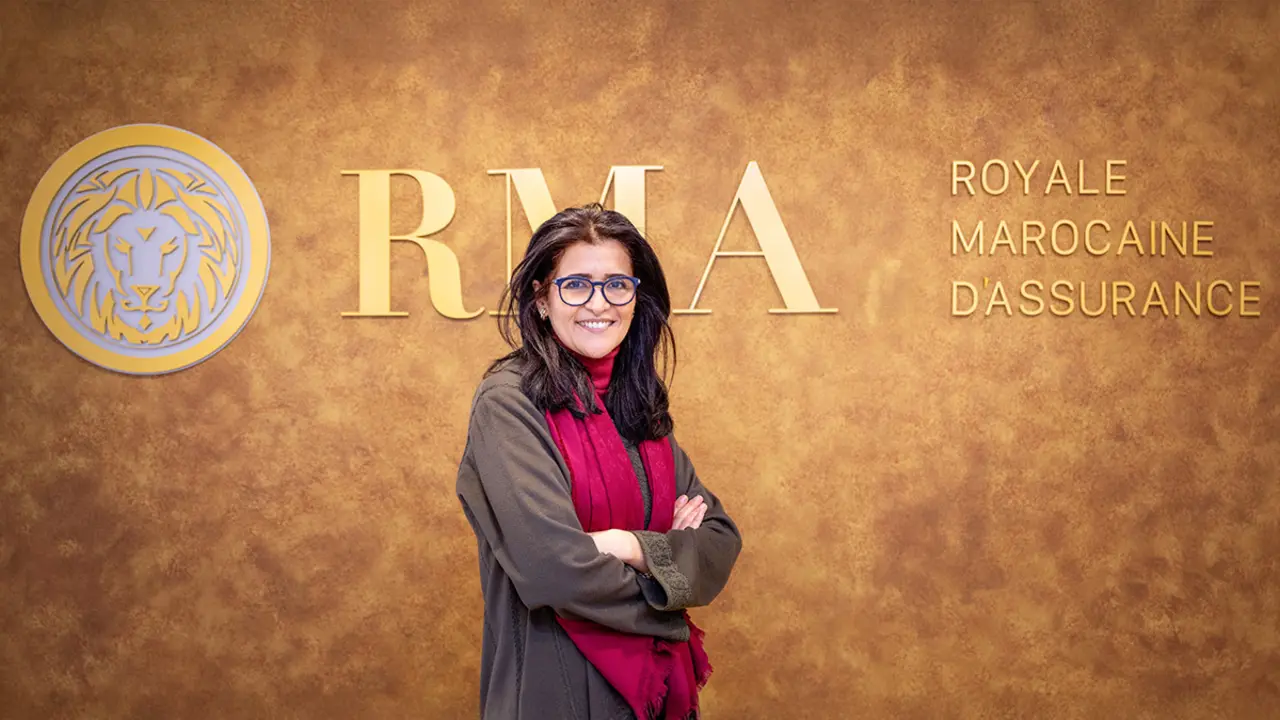Dubai Chamber of Commerce signs agreement to boost business cooperation and competitiveness with Citi UAE
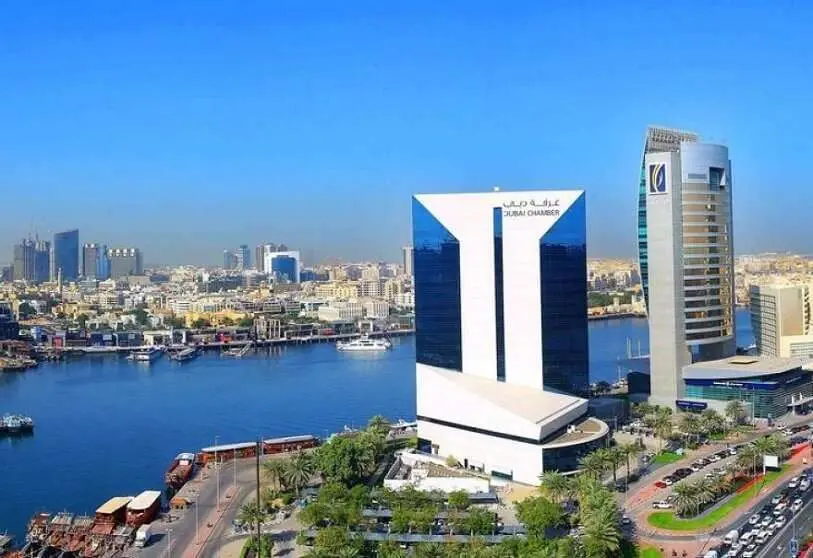
The Dubai Chamber of Commerce has recently signed a Memorandum of Understanding (MoU) with multinational financial services corporation Citi UAE. The main objectives of this agreement will be to enhance cooperation and meet common objectives, in addition to boosting the competitiveness of the Emirati business community and facilitating public-private cooperation to foster the sustainable development of the economy.
The agreement, which was signed by Hamad Buamim, Chairman and CEO of Dubai Chambers, and Elissar Farah Antonios, CEO of Citi UAE and Head of Middle East and North Africa, in the presence of both entities, establishes the collaboration of both parties in joint events and initiatives with the aim of supporting common goals, attracting businesses to the Emirati country and providing clients with new banking services, products and financial solutions, especially to private sector clients.
At the conclusion of the signing, Buamim described the MoU as "an important development that would raise the standard of banking services and solutions that enable business growth, ultimately creating a more conducive and competitive business environment".
He further noted that this new partnership supports the strategy adopted by the Dubai Chamber of Commerce and enhances efforts to attract new capital-intensive multinational companies, so that a favourable business environment for the Emirate is ensured. He added that banking is among the top sectors attracting the highest amount of foreign direct investment and has positioned itself as a key sector for developing the Emirate's new economic vision.

The UAE is one of the world's leading oil producers, making the oil industry the largest sector of the UAE's economy. However, the economic diversification policies adopted in recent years have enabled it to continue to live off oil, making it the least dependent country in the region on this sector. Construction, logistics and tourism, as well as financial and health services, which have begun to emerge in recent years, are beginning to play a significant role in the country's Gross Domestic Product (GDP), making the UAE an attractive country for investment.
The level of national unemployment has been quite low for years, according to the World Bank only 2.64% of the active population is unemployed. This can be explained by the country's legal mechanism whereby expatriate workers who lose their jobs must leave the country if they do not find a new job quickly.
In terms of employment levels, the most important sectors are construction, commercial and real estate, as well as professional services, with 33.8%, 22% and 12% of the labour force respectively.
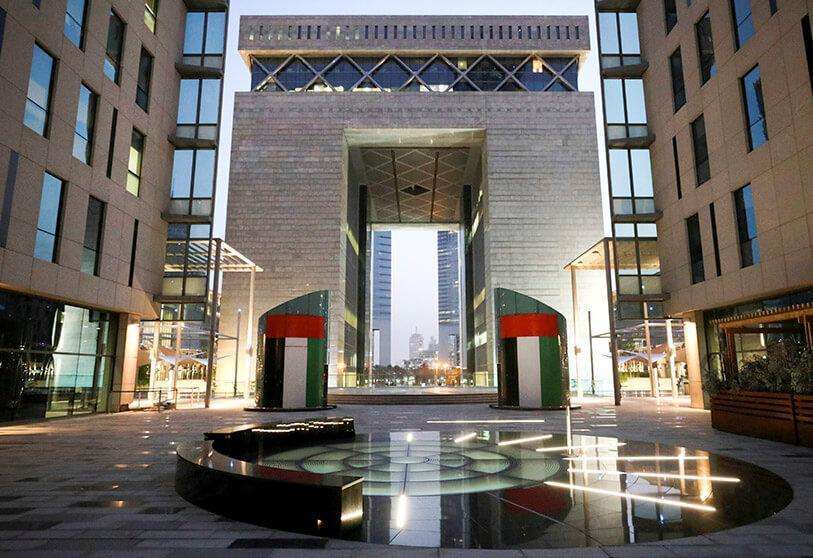
Citi is a financial services provider that first landed in the UAE in 1964 when Citibank, a member of the CitiGroup, opened the firm's first branch in Abu Dhabi.
Today it has become a leading consumer lender and its branch network in the UAE includes three bank branches, two smart centres, two Citigold lounges and a network of 41 ATMs.
In the broader investment banking space, Citi differentiates itself by combining an international M&A and capital markets practice with a strong regional banking presence. The combination of global financial product and industry expertise, as well as strong local relationships and an extensive international network, has enabled the company to establish itself in the Middle East region.


